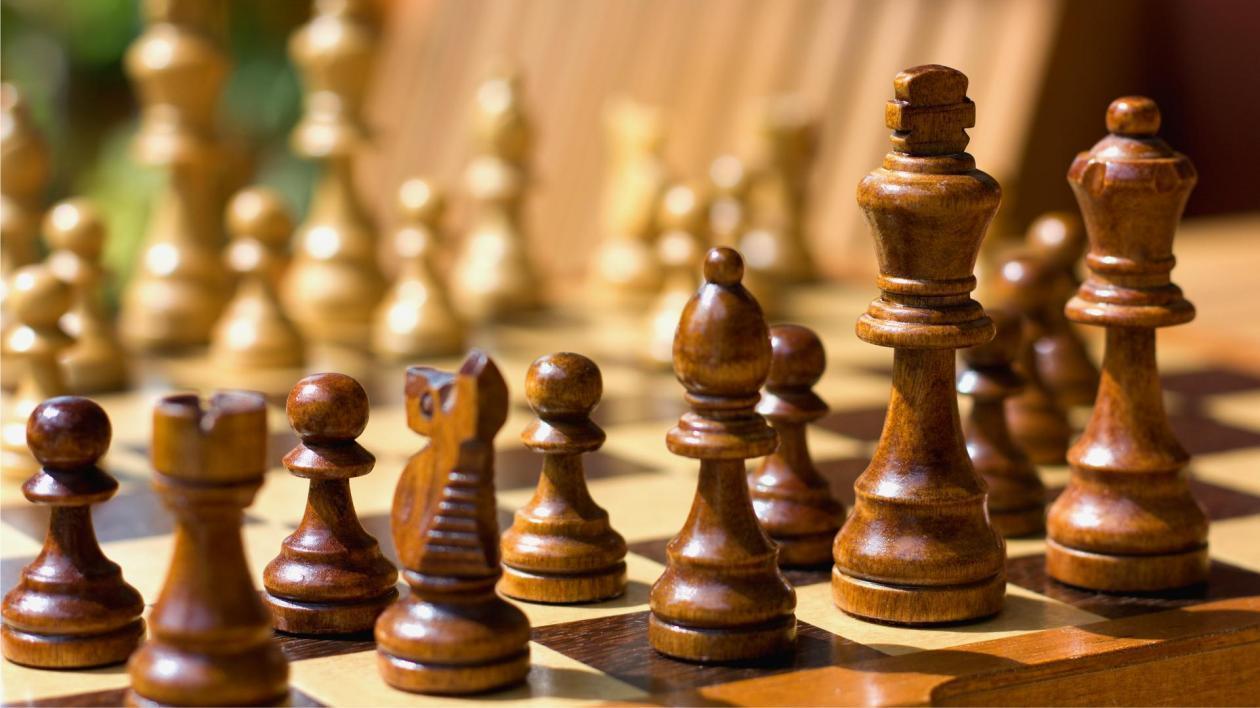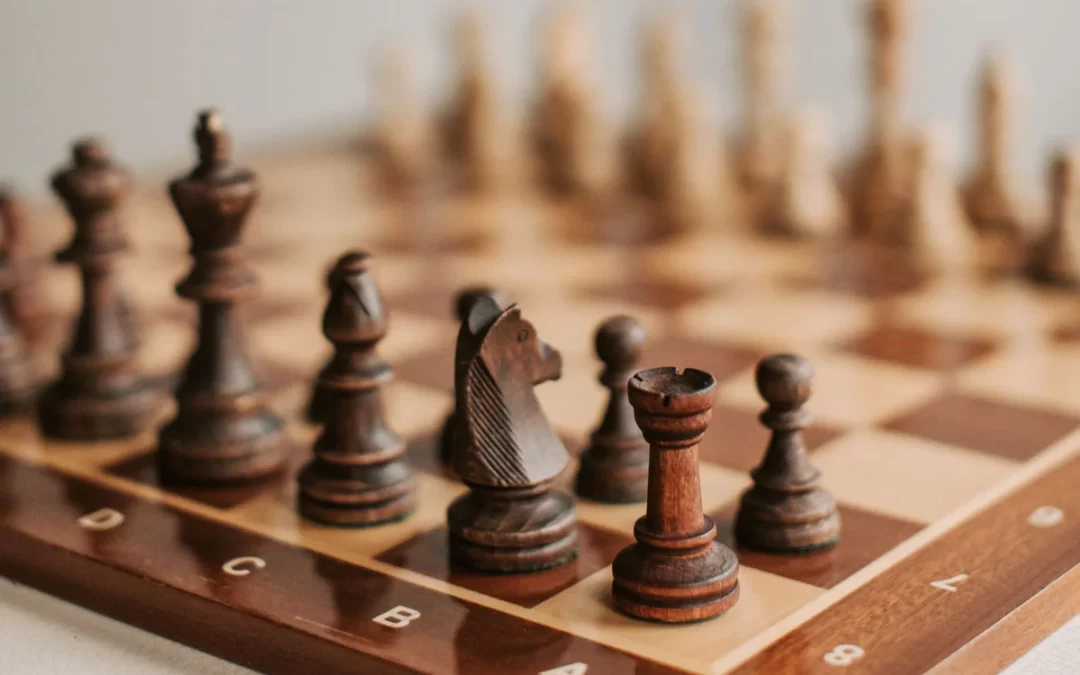Winning and losing are integral parts of chess, much like they are in life. For young players, developing a healthy relationship with both outcomes can shape their character and foster emotional resilience. Chess academy provides an excellent platform for teaching children to value personal growth, learn from setbacks, and embrace sportsmanship.
The Emotional Impact of Winning and Losing
- The Joy of Winning
Winning can boost a child’s confidence and validate their hard work, as studies have shown that positive reinforcement from success can enhance motivation and self-esteem. However, excessive focus on victory can lead to over-competitiveness or a fear of failure. Teaching children to celebrate wins humbly and view them as milestones in their journey encourages a balanced perspective. - The Sting of Losing
Losing can be tough for young chess players, but it’s also a powerful teacher. Chess encourages children to reflect on their losses, identify areas for improvement, and build resilience. By framing losses as opportunities for growth, we help children develop a positive outlook on challenges.
Read more, Applying Chess Strategies to Real-Life Situations: A Strategic Guide
Strategies for Teaching Healthy Perspectives

- Normalize Winning and Losing
- Emphasize that both outcomes are natural and expected in chess. Use examples of famous chess players who learned from their defeats to become stronger.
- Teach children that even the best players, like Magnus Carlsen, have faced losses and grown from them. For instance, Magnus Carlsen’s early setbacks in major tournaments helped him refine his strategies and develop into a world champion.
- Focus on Effort and Improvement
- Shift the focus from outcomes to effort. Praise children for their strategic thinking, creative moves, and persistence during games.
- Encourage them to set personal goals, such as improving time management or mastering a specific opening, rather than just winning matches.
- Create a Safe Space for Failure
- Foster an environment where children feel safe to take risks and make mistakes. This approach helps them explore new chess strategies without fear of judgment.
- Highlight the importance of learning from missteps as a key part of progress.
- Celebrate Growth Over Results
- Acknowledge milestones, such as playing a well-thought-out game or handling a tough situation with grace, regardless of the result.
- Organize activities like post-game discussions to help players appreciate their progress.
- Model Good Sportsmanship
- Demonstrate how to win gracefully and lose with dignity. For example, always thank the opponent for the game, regardless of the outcome.
- Share your own experiences with both victory and failure to show children that it’s okay to feel disappointed but important to move forward.
Benefits of a Balanced Perspective
A healthy attitude toward winning and losing benefits children in multiple ways:
- Emotional Resilience: They learn to handle setbacks constructively and bounce back stronger.
- Improved Focus: By valuing the process over the outcome, children concentrate better during games.
- Positive Social Interactions: Respecting opponents and showing humility fosters stronger relationships.
- Lifelong Skills: Lessons learned in chess, such as handling success and failure, translate to real-world scenarios like managing stress during exams, adapting to workplace challenges, and navigating interpersonal relationships.
Read more, How We Ensure A Positive Experience For Every Child In Chess
Role of Parents and Coaches
Parents and coaches play a crucial role in shaping children’s attitudes toward winning and losing. Here’s how they can help:
- Set the Right Example: Show children how to remain calm and supportive, even when emotions run high during matches.
- Provide Constructive Feedback: Focus on actionable insights rather than pointing out mistakes harshly.
- Reinforce the Learning Mindset: Encourage children to analyze their games and celebrate the lessons learned.
- Promote Team Spirit: Participation in team tournaments can teach children about collaboration and collective success.
Conclusion
Chess is more than a game of kings and queens; it’s a journey of self-discovery and growth. Teaching children to approach winning and losing with balance not only enhances their chess experience but also prepares them for life’s ups and downs. By prioritizing growth, effort, and sportsmanship, we can ensure that young players emerge from each match as stronger, wiser individuals.
Call to Action:
Looking to instill these values in your child? Join Premier Chess Academy, where young players learn essential skills like resilience, critical thinking, and sportsmanship through expertly designed training programs.


Recent Comments